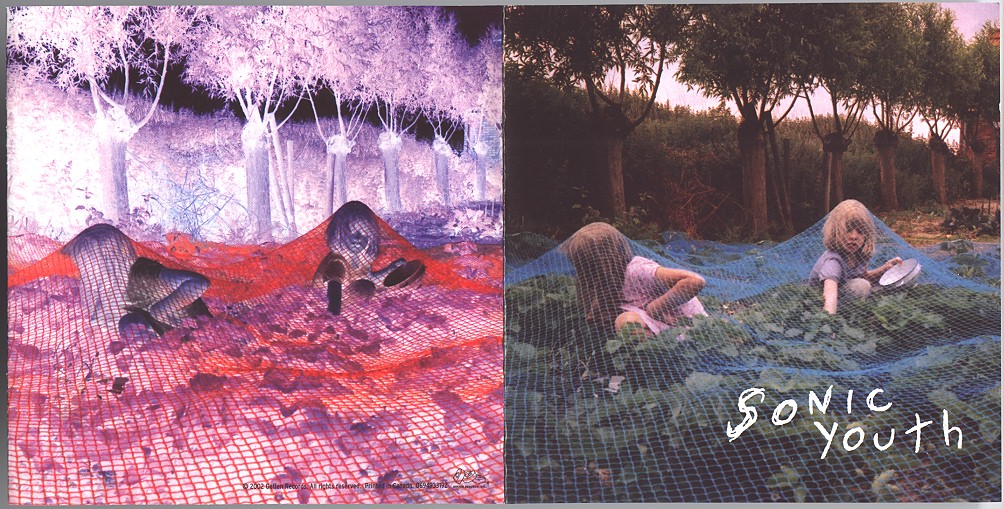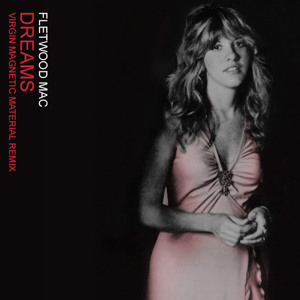PJ Harvey thundered onto the music scene and shattered preconceptions with the dramatic post-punk blues and delicate soundscapes of this twisted and desiccated sonic catharsis. Polly Jean Harvey remembers: "'Dry' is the first chance I ever had to make a record and I thought it would be my last. So, I put everything I had into it. It was a very extreme record. It was a great joy for me to be able to make it. I never thought I'd have that opportunity, so I felt like I had to get everything on it as well as I possibly could, because it was probably my only chance. It felt very extreme for that reason.”
'Dry' was recorded at The Icehouse, a local studio in Yeovil, United Kingdom, with Harvey co-producing with Head, Mark Vernon, and Rob Ellis; the sessions included Harvey on vocals, guitar, and violin prod; Ellis on drums, harmonium, and backing vocals; Steve Vaughan and Ian Olliver on bass; Ben Groenevelt on double bass; Mike Paine on guitar; and Chas Dickie on cello.
'Dry' was recorded at The Icehouse, a local studio in Yeovil, United Kingdom, with Harvey co-producing with Head, Mark Vernon, and Rob Ellis; the sessions included Harvey on vocals, guitar, and violin prod; Ellis on drums, harmonium, and backing vocals; Steve Vaughan and Ian Olliver on bass; Ben Groenevelt on double bass; Mike Paine on guitar; and Chas Dickie on cello.
'Dry' garnished rave reviews from music critics who touted Harvey as the best new female singer songwriter. Harvey says: "I wouldn't call myself a feminist because I don't understand the term or the baggage it takes along with it. I'd feel like I really have to go back and study its history to associate myself with it, and I don't feel the need to do that. I'd much rather just get on and do things the way I have been doing them.”
The album only charted at one hundred and forty nine in France and eleven in the UK. It sold over one hundred and seventy six thousand copies in the US. Harvey says of the acclaim: "I couldn't believe it. It didn't make sense to me at all to start off with. I thought, ‘Why do people want to buy this nasty, bendy sounding music?’ It's touching some nerve somewhere. I like the rawness of it, and I think maybe that is what people are looking for now. They want a bit of rough around the edges.”
The album only charted at one hundred and forty nine in France and eleven in the UK. It sold over one hundred and seventy six thousand copies in the US. Harvey says of the acclaim: "I couldn't believe it. It didn't make sense to me at all to start off with. I thought, ‘Why do people want to buy this nasty, bendy sounding music?’ It's touching some nerve somewhere. I like the rawness of it, and I think maybe that is what people are looking for now. They want a bit of rough around the edges.”
The fertility freakout of "Sheela-Na-Gig" went to sixty-nine in the UK and peaked at number nine on the US modern rock tracks chart.
"Dress"
"O Stella"
'Dry'
full album
"Oh My Lover" -- 00:00
"O Stella" -- 04:02
"Dress" -- 06:32
"Victory" -- 09:51
"Happy and Bleeding" -- 13:06
"Sheela-Na-Gig" -- 17:58
"Hair" -- 21:10
"Joe" -- 24:55
"Plants and Rags" -- 27:31
"Fountain" -- 31:40
"Water" -- 35:32



















